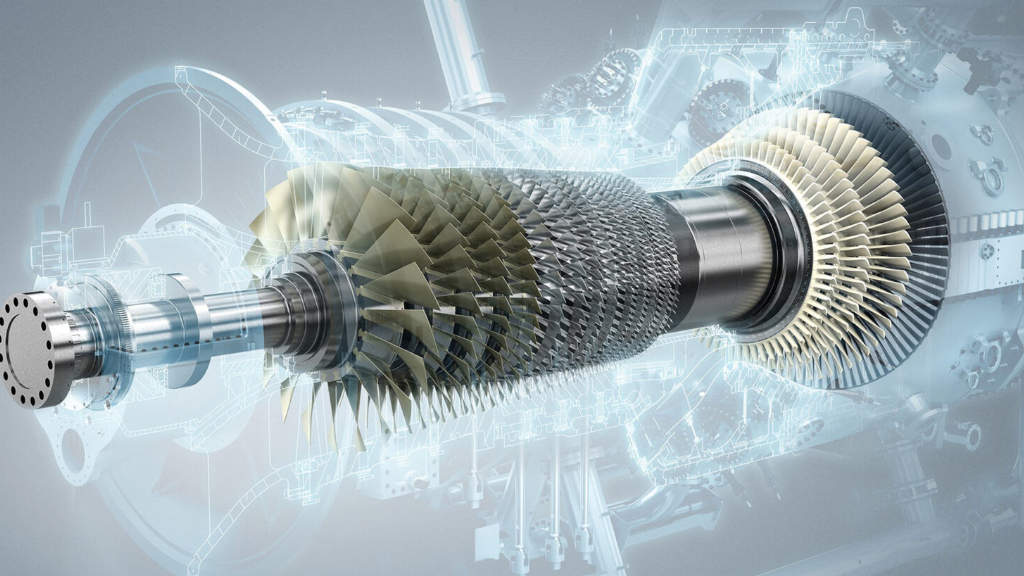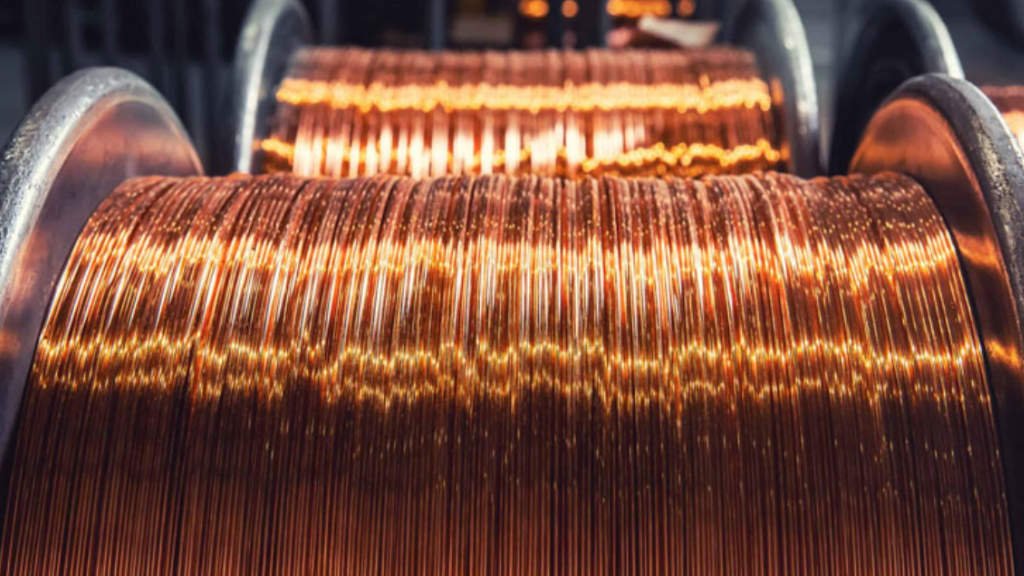Brazilian imports of diesel oil from Russia last year soared 4,600% while purchases of fuel oil rose by almost 400%, in a US$8.6 billion boost to the Russian economy. Brasília imported 6.1 million tonnes of diesel from Russia in 2023, a 6,000% increase from the 101,000 tonnes the previous year. The value in dollar terms increased 4,600% from US$95 million to US$4.5 billion, according to official government figures.
Brazil’s purchases of fuel oil from Russia grew to US$5.3 billion from US$1.1 billion the previous year. Brazil overtook Turkiye in October 2023 to become the largest buyer of Russian diesel, according to data from Kpler, while the jump in diesel imports last year means Russia has overtaken the United States as Brazil’s largest supplier of the fuel.
Government officials say the sharp increase in purchases — which occurred during leftwing President Luiz Inácio Lula da Silva’s first year back in office — helped to control prices for the consumer.
Asked about the jump in Russian diesel imports, Brazil’s development, industry and foreign trade ministry said foreign trade was “influenced by multiple factors” and that “fuel imports are the result of decisions made by private agents and follow the logic of supply and demand”.
Moscow has been selling crude oil and oil products at discounted rates due to sanctions placed on it by western nations as a result of its full-scale invasion of Ukraine. The purchases by Brazil are allowed under the sanctions regime as long as it complies with a detailed set of regulations on issues such as shipping.
Oliver Stuenkel, professor of international relations at the Getulio Vargas Foundation, said: “The first thing going on is just realpolitik. Brazil has identified an opportunity to obtain Russian commodities at a discount and it is not only diesel, but also fertiliser. The same goes for countries like India. But at the same time Brazil is keen to preserve its economic and political ties with Russia. Brazil being willing to help out in the midst of this situation is part of an implicit dynamic within the BRICS, which is they have an all-weather friendship and help each other out in times of difficulty.”
A top-10 crude producing nation, Brazil relies on diesel imports to fill about 20 per cent of domestic demand. Under President Lula, its state-controlled oil major Petrobras is investing to boost refinery capacity. Felipe Perez, Americas director at S&P Global Commodity Insights, said that, while there might be “politics at play”, price was the crucial factor driving the diesel imports. “People will try to find the cheapest diesel. Everything in Brazil depends on diesel. It is not just transport, but the agribusiness sector too,” he said.
The price of diesel has long been a sensitive issue in Brazil, which depends on legions of truckers to keep the economy moving. More than 60% of cargo in the country is transported by truck, compared with 32% in the US.
Russia’s exports of oil and gas to new markets have more than compensated for the decline in sales to the European Union. It is also likely to have a longer-term effect on European competitiveness on global markets as the EU’s energy costs have subsequently increased, and are likely to have the impact of the bloc losing future exports markets to countries such as Brazil, China and India that are taking advantage of less expensive Russian energy. That is likely to begin to manifest itself in pricing for agriculture as well as cross-sectoral manufacturing from 2025 onwards.
Further Reading
Russia-Brazil 2024 Trade & Development
The Russia-Brazil trade and development dynamics are comprehensively featured in our 2024 Russia’s Pivot to Asia guide, which is a complimentary download and can be accessed in English here and in Russian here.





